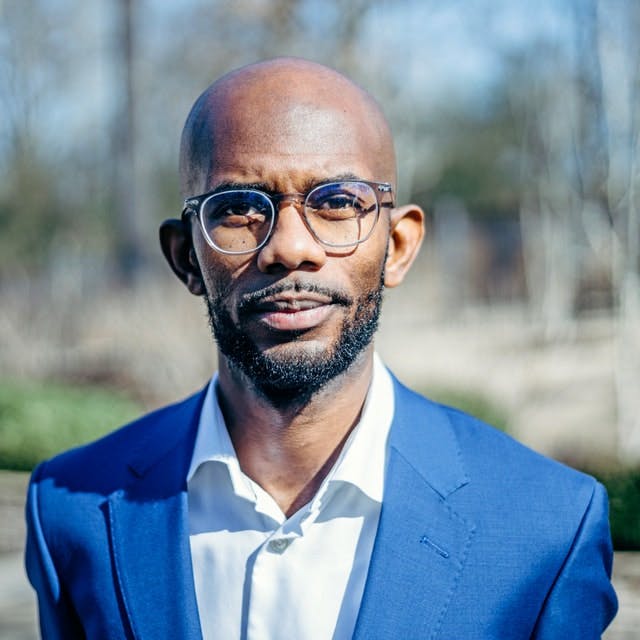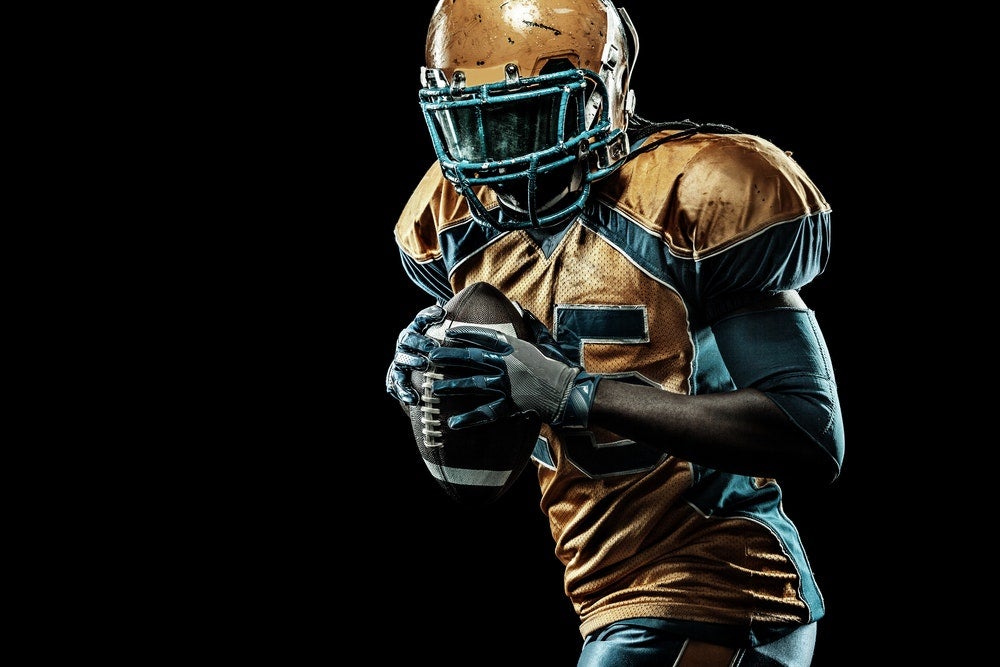Eddie R. Cole, associate professor of education, has published an op-ed in The Washington Post on the effects of the COVID-19 pandemic on the treatment of Black athletes on college campuses.
“Public attention has been focused primarily on college football and the estimated $4 billion that could be lost if the season is canceled,” Cole writes in The Post. “The debate over proceeding with football has been fierce, with arguments often pitting the fact that players, whose well-being would be at risk, don’t get paid against the devastating impact of lost revenue from upending such a profitable fall ritual.
“But the uprisings this summer make it clear the racial dimension to this conversation is just as important,” he writes. “Black men account for more than half of all Power 5 college football players despite representing less than three percent of the undergraduate student bodies on those campuses, according to a recent study. Asking them to risk their health to preserve revenue for universities would simply be an extension of the long tradition of devaluing of black lives in American higher education.”

Professor Cole delineates efforts through history at inclusion and equity for Black students and faculty by institutions of higher learning, which were often done as token gestures.
“Not much has changed over the past 60 years, as universities tout diversity initiatives, even as black college students report encountering racism on campuses,” he writes. “Attempts at system wide change and investment in black colleges were replaced by the largely symbolic effort to hire and enroll a limited number of black administrators and students at select majority-white campuses — for which administrators often sought media publicity. The distribution of resources to enhance black lives was not deemed as profitable as the image of investing in black lives.”
Cole points out that to have student athletes participate in even this fall’s abbreviated college football season puts Black lives at risk.
“Today, amid a public health crisis that disproportionately affects black people, college leaders are, once again, prioritizing institutional profit over black lives,” he writes. “In many ways, the disproportionate number of black student-athletes preparing for their football seasons have become the figurative lab mice as some college leaders assess the feasibility of in-person classes. The presidents of Power 5 campuses voted in May to reopen athletic facilities, but some of them have since assessed that remote learning is necessary this fall. Meanwhile, dozens of students have tested positive this summer at many of the leading college football programs, such as the University of Texas, Louisiana State University and Clemson University, among others. And just last week, Rutgers University and Michigan State University quarantined their entire teams due to positive coronavirus cases.
“In turn, as plans for major college football proceed as national coronavirus cases spike to record numbers, college presidents are silently upholding the long tradition of white administrators’ and white trustees’ disregard for, and resentment of, black lives on their campuses,” Cole concludes.
Cole is a faculty member in the division of Higher Education and Organizational Change. His forthcoming book, “The Campus Color Line: College Presidents and the Struggle for Black Freedom” (Princeton University Press, 2020), will be published this September.
To read Professor Cole’s op-ed, “Playing college football in 2020 would continue to devalue black lives,” visit The Washington Post website.
